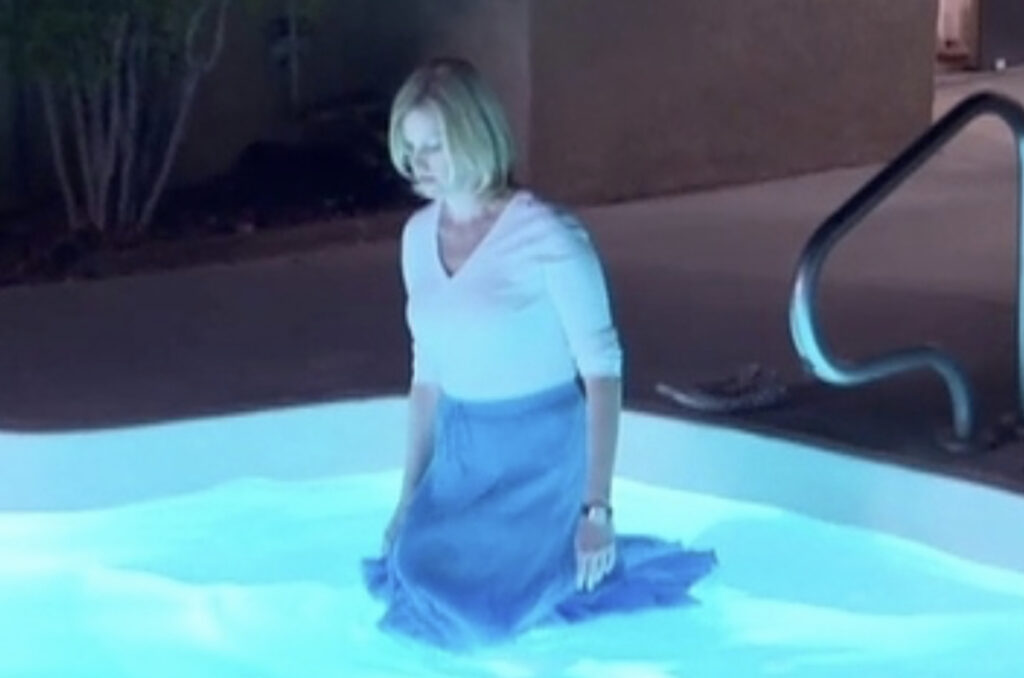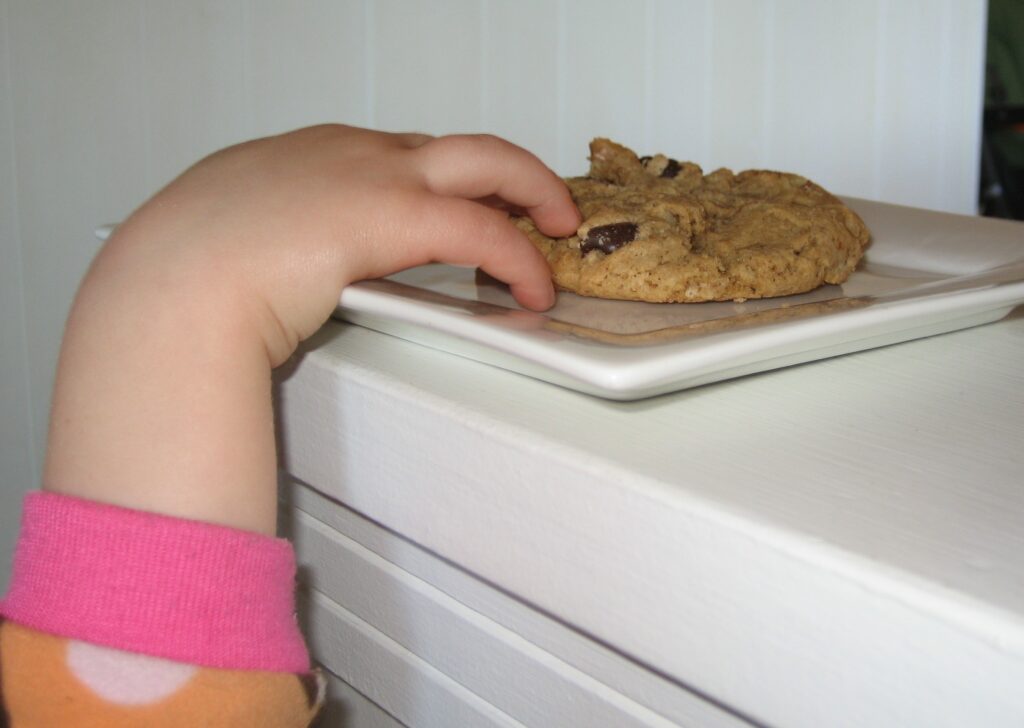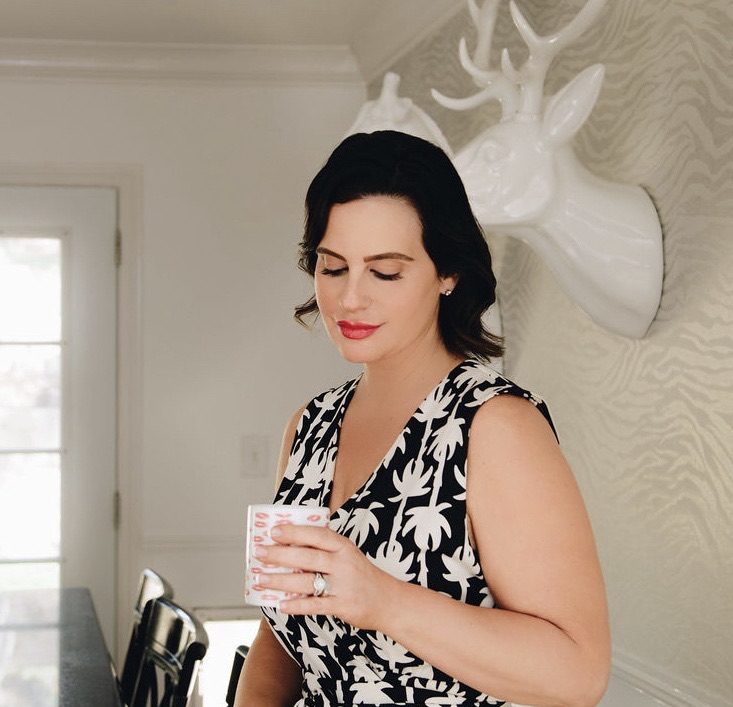Do you remember the scene in Breaking Bad when Skylar walked into the family pool?
The family was gathered in the backyard to celebrate Walt’s birthday. Walt casually talked to the others, infuriating Skylar with his false description of the happenings in their lives. She walks over to their pool and stares into the water, lost in her own despair, anger, and fear. She slowly steps into the water, fully dressed, and descends to the bottom. While her family begs her to come up, she’s content in her escape from her husband’s lies.

I imagine the way Skylar felt in that moment – the outrage, frustration, and sadness about Walt’s misguided description of reality – is somehow similar to the way I feel when people make uninformed and stereotypical statements about autism. Granted, these comments may not be lies like the ones Walt told, but they are still often incorrect and hurtful.
I’ve developed a thick skin over the years out of necessity and self-preservation, but there are still remarks about autism that strike a nerve.
◈
The most recent autism statistics reveal that roughly 1 in 40 children in the US have the disorder, making it more prevalent than ever. But there’s still a lot of misconceptions about autism.
As Dr. Martin Luther King, Jr. eloquently said, “Nothing in the world is more dangerous than sincere ignorance and conscientious stupidity”. Our society needs more knowledge and less judgment. This is the age of information, so ignorance is a choice.
◈
That being said, here are the 5 Things Not to Say to an Autism Mom:
1) “I understand what you’re going through.”
Usually, that’s accompanied with “….because my child was a late speaker, too”, or “…because my child used to have tantrums, too”, and then the conversation gets shifted to the other person’s child, and his or her so-called hardships.
Look. I’m sorry for your struggles, I really am. But the difference between our children is that mine gets labeled, and yours does not. I have to fight just to have my child attend a mainstream school, you do not. So, unless you have autism or you are a parent to someone who does, sorry, no you don’t.
2) “Your child looks completely normal.”
Um, what were you expecting? Jabba the Hutt? Sorry to disappoint you.
Autism does not have one specific “look”. Just like everyone else, they come in all different shapes, sizes, and colors.
I think this is usually meant as a compliment, but what exactly does “normal” look like? If it means my son is incredibly handsome, then thank you, I agree.
3) “It could be worse” / “At least your child is high-functioning”
Putting functioning labels on autistic individuals perpetuates stereotypes and demonstrates a complete lack of understanding. Laura Tisoncik, one of the founders of the Autistic Self-Advocacy Movement said, “ The difference between high-functioning and low-functioning is that high-functioning means your deficits are ignored, and low-functioning means your assets are ignored.”
We can not discount each individual’s journey. Giving functioning labels does not minimize our child’s need for support. These types of labels put pressure on our kids, and oversimplify autism in general.
4) “What’s your child’s special ability?”
People always seem disappointed when I tell them that his special ability is that he’s extremely loving and has great emotional intelligence.
He has autism, he’s not a contortionist from Cirque du Soleil.

There is so much more to the disorder than what you see in the movie Rain Man. Not every autistic individual has the ability to count cards, outsmart casino security, and win millions of dollars like the character Raymond. There’s actually only 1 in 10 autistic individuals who have savant abilities, but thanks for noticing that my son is a superhero.
5) “I’m so sorry.”
Don’t be. I’m not. I love my child just the way he is and I wouldn’t want him to be anything else. He’s perfect to me.
Yes, there are days that autism just sucks, but I do not need or want pity. He may not be able to play basketball like your child, or sit still at a restaurant, but he can comfort you when you’re sad, and tell you the names of each voice actor in Spongebob.
Autism is not a terminal illness, it’s not a death sentence. He’s alive, he’s healthy, and he’s most definitely not a burden.
I know you mean well, but do not apologize for my gift.
◈
Yes, my child has autism. But that does not define him. Being on the spectrum is not a tragedy, but ignorance is.
“There’s no greater disability in society than the inability to see a person as more.” – Robert M. Hensel

I know that many of these comments seem innocent. But so does a toddler before he takes your last cookie. Still hurts. Just saying.


